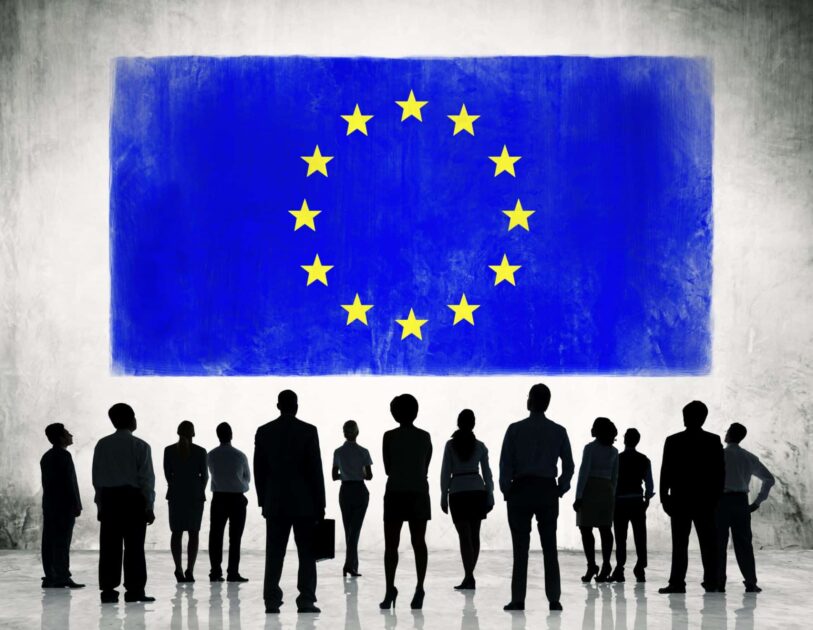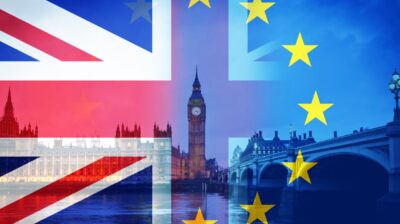What’s the EU ever done for Irish Women?
Quite a lot in fact!

Early 1970s Ireland was a very different place for women than the Ireland of today. Until 1973 women had to resign their jobs in the public service upon marriage, and gender discrimination in employment was not outlawed until 1977. It was legal for women to be paid less than men for the same work, and they often were. Contraception was not available in Ireland until 1979, upon prescription from a GP, limiting women's reproductive rights.
Ireland joined the EU in 1973, and while some of the changes in women's rights came about from within, EU membership has had a transformative effect on the position of women in the Irish workplace and society.
- The Equal Pay Directive 1975 provided that sex discrimination on all bases of pay must be eliminated
- The Equal Treatment Directive 1976 provided that there should be no sex discrimination, either direct or indirect, nor by reference to marital or family status, in access to employment, training, working conditions, promotion or dismissal
- Social Security Directive 1979 required equal treatment between women and men in statutory schemes for protection against sickness, invalidity, old age, accidents at work and occupational diseases and unemployment
- Pregnant Workers Directive 1992 required minimum measures to improve safety and health at work of pregnant women and women who have recently given birth or are breast-feeding, including a statutory right to maternity leave of at least 14 weeks
- Equal Treatment in Employment Directive 2002 amended the 1976 Equal Treatment Directive adding definitions of indirect discrimination, harassment and sexual harassment and requiring Member States to set up equality bodies to promote, analyse, monitor and support equal treatment between women and men
Ireland went from a country at the start of the 1970s where women had to resign their public sector jobs upon marriage, to one by the end of the decade with a raft of EU legislation protecting and promoting women's rights in the workplace.
The EU has also been a progressive force in terms of women's political representation. The current Dáil of 2011-2016 has just 16% women. Even more staggeringly, of all the cabinet ministers in Ireland since the foundation of the State in 1922, just 15 have been women! The European Parliament makes for more reassuring reading in 2016. Of Ireland's 11 MEPs, six are women; that's 55%, and the second highest female representation of any of the 28 member states. Ireland's own Mairead McGuinness MEP is currently vice-president of the European Parliament. Of the European Parliament's overall 751 MEPs, 37% are women.
The EU and European Parliament in particular have been in the vanguard of promoting women in politics and women's employment rights. The current focus of EU gender policy is on promoting women in leadership positions such as corporate boards etc. In its external affairs through its aid and development programmes, the EU puts a focus on women's rights and girls' education. Criticisms have been made of the EU that it has been slow to take a leading stand on other gender and sexuality issues surrounding LGBT rights, with transgender rights in particular being absent from the EU's agenda, although this has begun to change in very recent years. There is wide diversity the protection of LGBT rights across the different EU member states, the challenge for the EU is to be at the forefront, and help bring more conservative states forward in terms of protecting LGBT rights, as it did helped to do with Ireland laws and attitudes to women back in the 1970s and 1980s.
Gareth Walsh is currently undertaking a traineeship in the European Parliament Information Office in Ireland. To find out more about how to apply for a traineeship with the European Parliament- check out the application page.






